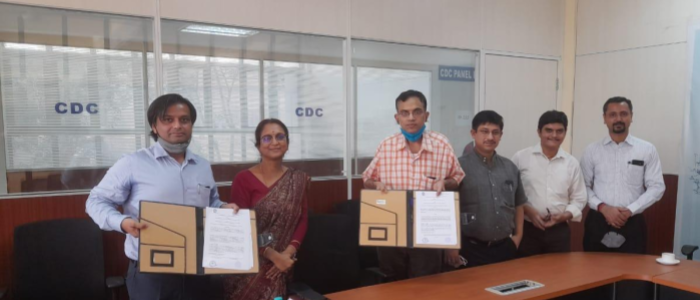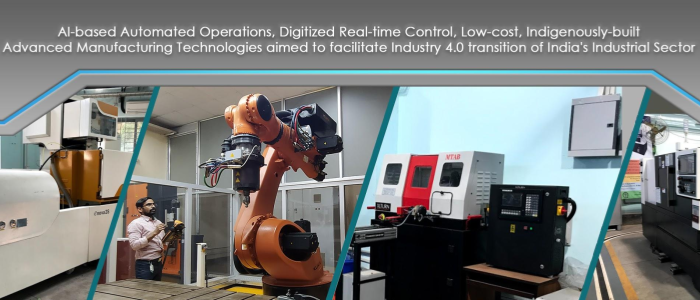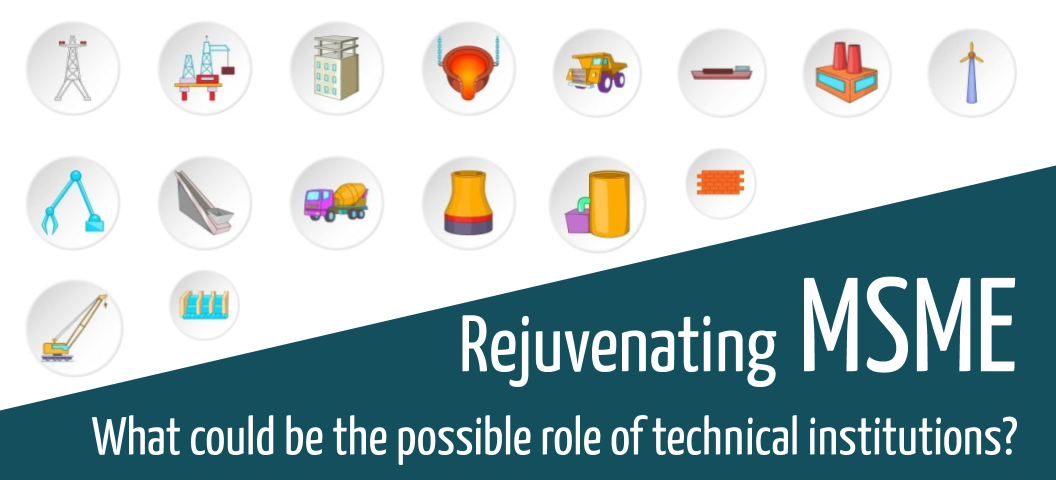
MoU with NCDC to Promote Developments in Cooperatives, Agriculture and Allied Sectors
Highlights: This MoU will promote greater collaboration towards sustainable development in cooperatives, agriculture and allied sectors It will involve advancement of training, action research, studies, policy analysis, policy advice, consultancy, monitoring, evaluation, system development and technology development. It will provide support towards Formation and Promotion of Farmer Producer Organisation It shall have opportunities for trainee/student exchange program including providing internships IIT Kharagpur and the National Cooperative Development Corporation (NCDC) have signed an MoU towards greater collaboration in issues and areas related to the development of cooperatives, agriculture and allied sectors and to the holistic approach towards sustainable development. The scope…




